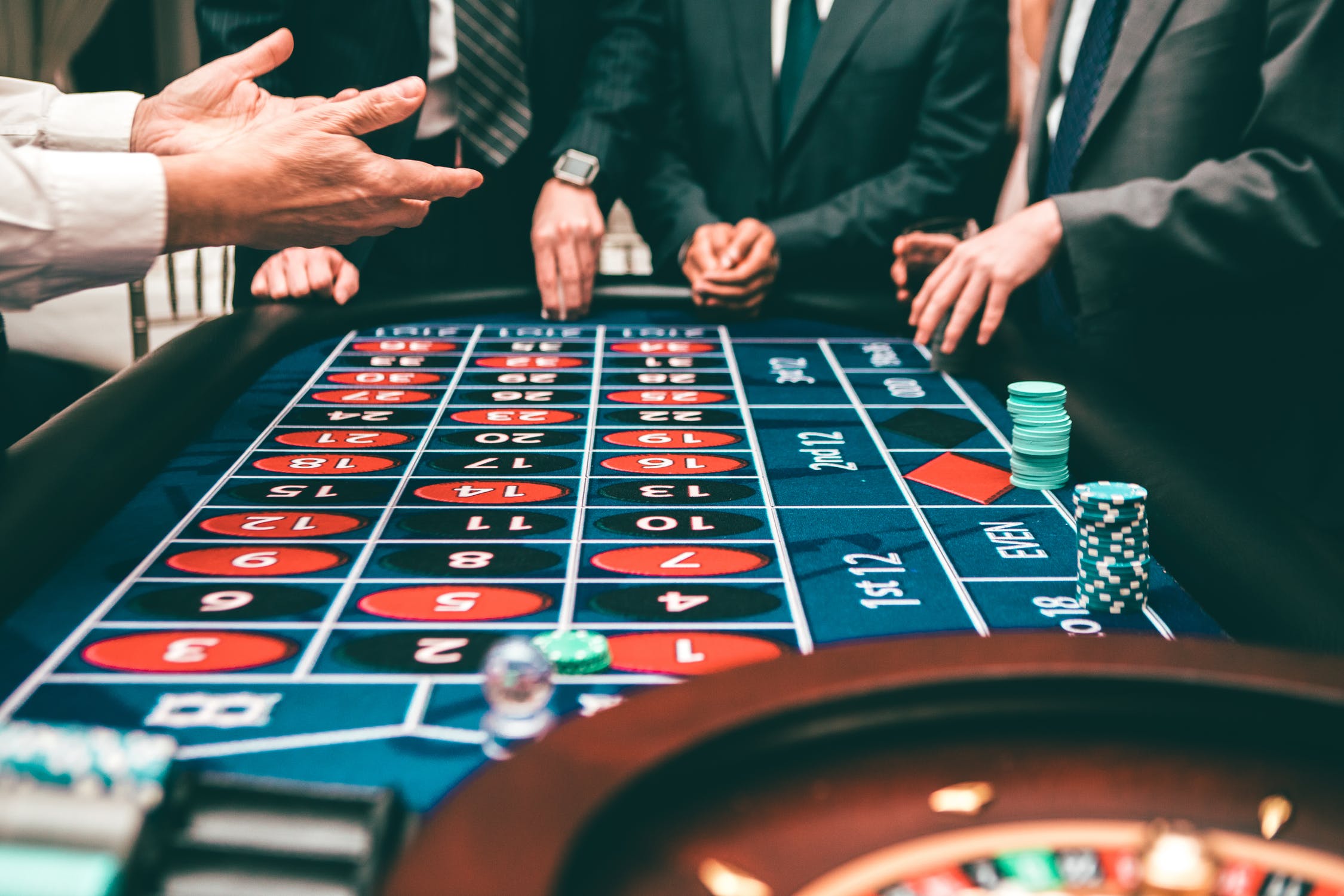
Gambling games have long captured the imagination of people around the planet, becoming an essential part of both leisure and culture. From the shimmering lights of Nevada to the captivating experience of internet gambling, these games evoke thrill, uncertainty, and sometimes even a sense of remembrance. They are not just simply entertainments; they have woven themselves into the tapestry of our lives, influencing everything from cinema and music to fashion and books.
The allure of casino games goes beyond the gambling aspect, tapping into larger themes of luck, possibility, and human behavior. As players assemble around a card table or spin the roulette, they engage in an age-old ritual that resonates with our communal desire for adventure and uncertainty. This captivation has led to the rise of many references in movies, music, and gaming, showcasing how intensely entrenched these games are in popular culture. Whether it is the intense drama of a legendary caper or the colorful nightlife portrayed in videos, casino games have carved out a substantial niche that reflects our relationship with risk and reward. casino en ligne france fiable
Historical Importance of Gambling Games
Casino games have played a pivotal role in cultural aspects throughout the ages. Stemming from old societies, games of chance were often connected to ceremonies or events. For instance, early iterations of gambling can be traced back to ancient China and the Roman Empire, where die games and betting on results were common pastimes. These activities not only functioned as entertainment but also as methods of social interaction, facilitating connections among individuals within societies.
As societies evolved, so did the sophistication and structure of casino games. The establishment of formal casinos in the 17th century, particularly in Italy, marked a major shift in how games were perceived and structured. With designated spaces for gaming, the casino became a social hub where people from various backgrounds gathered. This change contributed to the legitimization of the industry, transforming it from a mere pastime into an established industry that shaped the economy and policy.
The impact of gambling activities on popular culture cannot be understated. As they were brought into the limelight in books and film, games such as Texas Hold’em and blackjack became icons of chance, chance, and tactics. Iconic characters and stories have developed around these games, illustrating societal views towards luck, wealth, and vice. This interest with gambling activities has infiltrated various forms of entertainment, cementing their place in the collective consciousness and linking them to wider cultural stories throughout the ages.
Depiction of Gambling Games in Entertainment
Gambling games have long been a popular topic in various forms of media, reflecting both the fascination and intricacies of gambling culture. Movies such as Ocean’s 11 and Casino Royal portray figures who navigate high-stakes environments, showcasing not only the attractiveness of the casino atmosphere but also the strategies and judgments that come with playing popular games like Texas Hold’em and blackjack. These films often dramatize the exhilaration of winning and the potential results of losing, encapsulating the dangers involved in betting.
TV programs have also explored the world of gambling activities, often integrating them into the storyline as a backdrop for character arcs and conflict. Shows like Las Vegas depict the experiences of gambling employees and patrons, highlighting the lively, often disorderly energy of the gaming floor. Docuseries featuring high-stakes betting contests further emphasize the fascination of gambling activities, drawing viewers into the drama and planning involved in each round. Through these portrayals, media not only engages but also prompts conversations about fortune, expertise, and the nature of randomness.
Video games have increasingly incorporated casino games into their structure, allowing players to simulate the experience of gambling without monetary loss. Games within the domain of digital gaming often include virtual slots, online poker, and other casino favorites, creating an interactive experience that mirrors traditional gambling. These digital representations make gambling activities accessible to a broad demographic, appealing to both risk-takers and those who enjoy the excitement of simulation. As a result, the representation of casino games in entertainment continues to shape cultural attitudes and cultural relevance, highlighting their role in entertainment and social context.
Effect of Casino Games on Society
Casino games have a significant impact on society, influencing multiple facets of culture and interpersonal behavior. They often function as a venue for social interaction, where people come together to experience a shared experience. Game nights with friends or visits to casinos become social activities that build connections and create shared moments. This communal aspect enhances the fun value of gambling activities, making them a favored choice for celebrations and leisure activities.
Moreover, casino games have been depicted in numerous films, television shows, and written works, influencing perceptions and opinions towards gambling and gaming. Icons like James Bond playing baccarat or the high-stakes poker scenes in films have embedded these games in the shared imagination. This depiction often idealizes the lifestyle associated with gambling, attracting new players and impacting trends in both fashion and behavior. These representations can spark curiosity and lead to a more profound investigation of the intricacies of gambling.
Nonetheless, there are also negative implications linked to the popularity of casino games. The allure of quick monetary gain can lead to gambling addiction and financial troubles for some people. Society must contend with these consequences, promoting responsible gambling and education of the risks involved. Finding a balance between the entertainment value of gambling activities with the risks is crucial to ensure that they continue to be a positive aspect of our societal fabric.